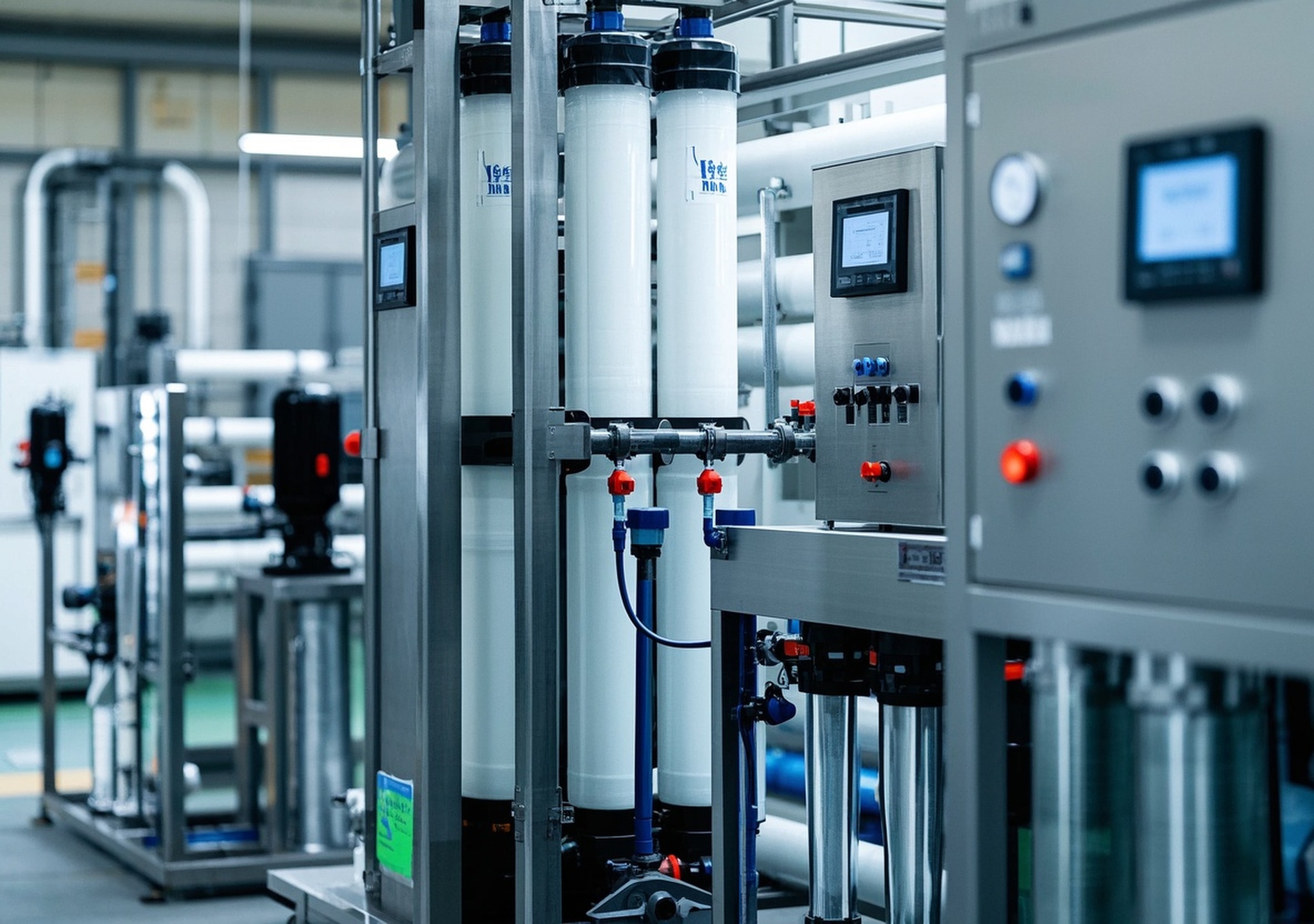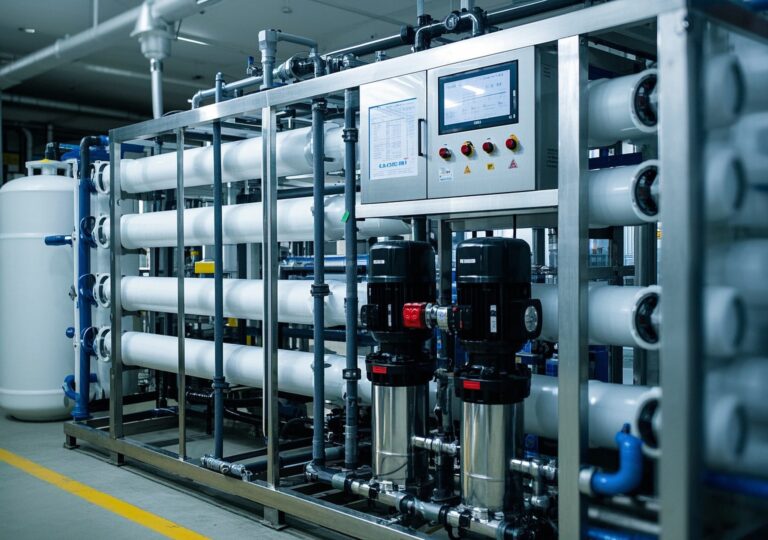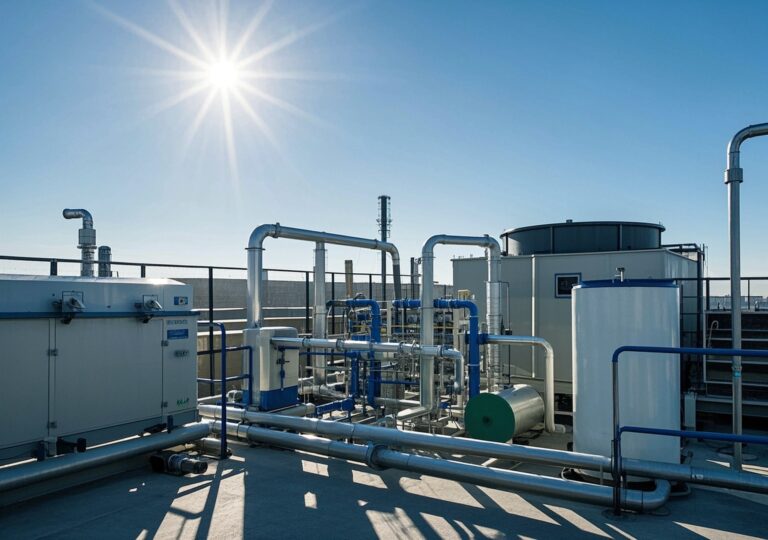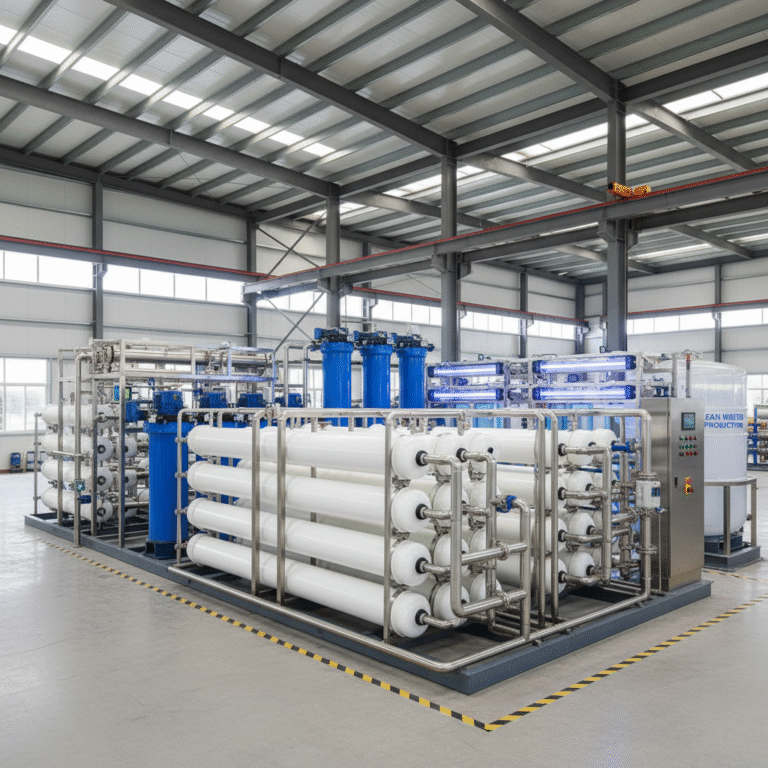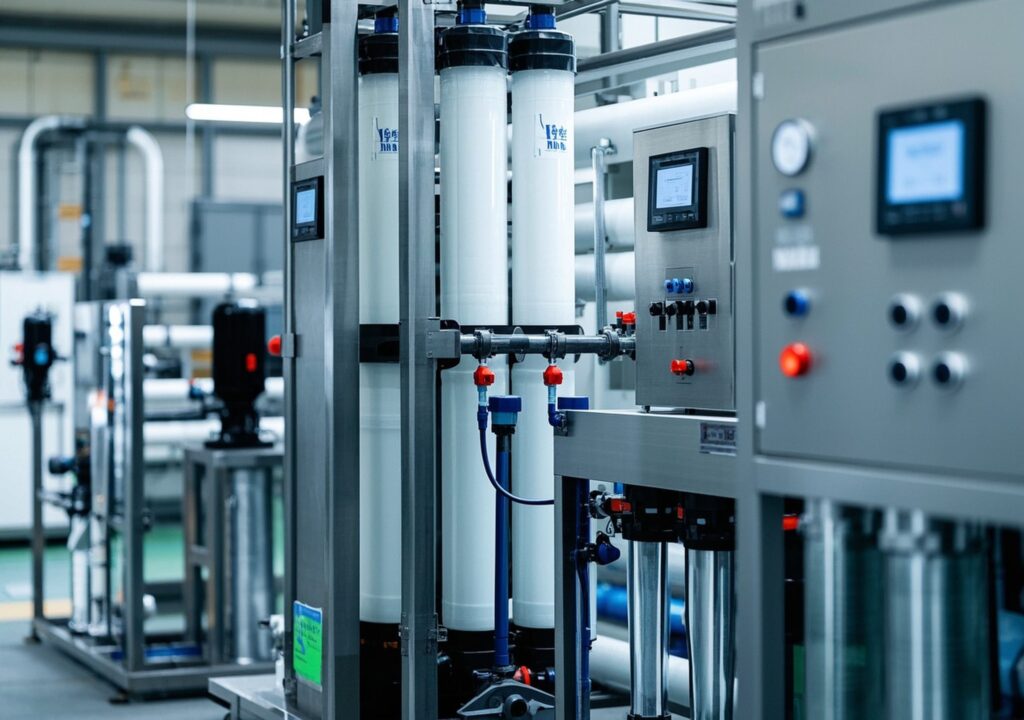
Bold Moves: Why Best Water Treatment Machinery is a Must for Modern Industries
As global industries rapidly evolve, the need for efficient and sustainable water treatment solutions has never been more critical. Water is the lifeline of many industrial processes, from manufacturing to energy production, yet its management poses significant environmental and operational challenges. Employing the best water treatment machinery can transform these challenges into opportunities, delivering cleaner outputs, regulatory compliance, and enhanced profitability.
1. Industry Context and Significance of Industrial Water Treatment
The industrial water treatment sector is foundational to responsible manufacturing and environmental stewardship. Modern industries face increasing pressure to reduce water consumption, minimize pollutant discharge, and optimize resource recovery. This drives demand for sophisticated equipment capable of addressing diverse water quality issues such as total dissolved solids, organic contaminants, microbial presence, and hardness.
Understanding the critical importance of water treatment, companies in this domain invest heavily in research, technology advancement, and process customization. The goal: provide reliable, high-performance solutions that align with evolving environmental regulations and industrial productivity demands.
2. Comprehensive Product Portfolio of Industrial Water Treatment Equipment
A broad product range is essential to meet the varying requirements of industries such as chemical manufacturing, food and beverage, pharmaceuticals, mining, and power generation. Here we detail the principal categories of machinery included in the state-of-the-art water treatment solutions.
Reverse Osmosis (RO) Systems
RO units utilize semi-permeable membranes to remove dissolved salts, organics, and microbes with high precision. Capable of treating feed water with high salinity, RO systems deliver purified water suitable for boilers, cooling towers, and clean process fluids. Typical recovery rates reach 75-85%, with salt rejection exceeding 98%. Their modular design facilitates scalability and integration with pre-treatment stages.
Ultrafiltration (UF) Systems
UF employs fine membrane filtration to eliminate suspended solids, colloids, and larger pathogens, serving as an effective pre-treatment or standalone treatment for water reuse applications. Operating under low pressure (0.1-0.3 MPa), UF units reduce turbidity and microbial loads without extensive chemical dosing, enhancing downstream system longevity.
Electrodeionization (EDI) Systems
EDI merges ion exchange resins with electric current application to continuously remove ionized species from water, producing ultrapure water without chemical regeneration steps. This technology is particularly valued in semiconductor, pharmaceutical, and power generation industries where water quality must comply with stringent standards.
Pre-treatment and Softening Systems
Proper pre-treatment—such as multimedia filtration, activated carbon adsorption, and ion exchange softening—is pivotal for protecting membranes and ensuring process stability. Softening units specifically mitigate hardness ions like calcium and magnesium, preventing scale formation and reducing chemical cleaning frequency.
| Equipment Type | Primary Function | Key Advantages | Applicable Industries |
|---|---|---|---|
| Reverse Osmosis (RO) | Removal of dissolved salts and impurities | High salt rejection, scalable, energy efficient | Chemicals, Food & Beverage, Power |
| Ultrafiltration (UF) | Removal of suspended solids and microbes | Low pressure operation, minimal chemicals | Pharmaceutical, Textile, Wastewater Reuse |
| Electrodeionization (EDI) | Production of ultrapure water | Chemical-free regeneration, continuous operation | Semiconductor, Power, Pharma |
| Softening Systems | Hardness ion removal | Scale prevention, reduced cleaning cost | Boilers, Cooling Towers, General Industry |
3. Technological Innovations and Competitive Advantages
Embracing innovation is at the core of advancing water treatment machinery. Key focus areas include enhanced membrane materials, real-time monitoring systems, and energy recovery technologies.
Compared to legacy technologies, modern units offer:
- Enhanced membrane durability with materials resistant to fouling and chemical degradation, reducing maintenance downtime by up to 30%.
- Integrated IoT-enabled controls for remote monitoring and predictive maintenance, improving operational efficiency by 15-20%.
- Energy recovery devices that capture and reuse pressure energy in RO systems, cutting energy costs by 40%.
| Feature | Traditional Equipment | Modern Best-in-Class Machinery |
|---|---|---|
| Membrane Material Lifespan | 1-2 years | 3-5 years |
| Energy Consumption (kWh/m³) | 4.0 | 2.4 |
| Maintenance Interval | Monthly | Quarterly or longer |
| Automation Level | Manual Control | IoT & AI Assisted Control |
4. Global Industry Standing and Market Outlook
Regions such as Africa, Southeast Asia, South America, and Asia are witnessing rapid industrialization and urbanization, driving unprecedented demand for water treatment technologies. Innovators and manufacturers in this space are increasingly shaping international standards, promoting sustainability goals, and expanding market accessibility.
Current authoritative research highlights the global industrial water treatment equipment market is projected to grow at a compound annual growth rate (CAGR) of over 7% through 2028, fueled by stringent environmental policies and industrial expansion. The rise of decentralized treatment solutions and digital integration further reshape the competitive landscape (according to data from Industrial Water Treatment Market Analysis by Global Trade Review).
5. Manufacturing & R&D Excellence
Cutting-edge production facilities now integrate advanced automation, robotics, and strict quality control protocols. State-of-the-art test laboratories simulate diverse water conditions to ensure equipment robustness. Additionally, interdisciplinary R&D teams engage in continuous innovation, collaborating with academic laboratories and technology partners to tailor solutions adaptable to varying geographical and industrial contexts.
6. Success Stories and Industry Application Insights
Drawing upon my professional experience, in one major Southeast Asian chemical plant upgrade project, installation of advanced multistage RO coupled with EDI reduced water consumption by 35% and energy expenses by 20% within the first year. Similarly, a mining operation in South America adopting modular ultrafiltration systems achieved compliance with wastewater discharge norms six months ahead of schedule, mitigating regulatory risks and environmental impacts.
These cases underscore how selecting the best water treatment machinery can drive operational resilience and environmental responsibility.
7. Commitment to Environmental Sustainability
The adoption of water treatment systems with energy-efficient designs and minimal chemical dependency directly supports global efforts toward sustainable industrial practices. Environmentally conscious manufacturing, resource recycling, and reduced effluent contamination contribute to preserving freshwater ecosystems and comply with international green standards.
8. What to Do Next: Connect for Tailored Water Treatment Solutions
Choosing optimal water treatment machinery is a strategic investment with far-reaching operational and ecological benefits. To explore customized solutions that fit your industry’s unique demands, reach out via multiple channels—phone, email, or live consultation. Our expert teams stand ready to design turnkey systems, conduct feasibility analyses, and provide lifecycle cost assessments to maximize your investment returns and regulatory compliance.
In conclusion, embracing the best water treatment machinery is not merely an upgrade—it is a necessary bold move toward sustainability, efficiency, and industry leadership in today’s competitive landscape.
References and Authoritative Data Sources
- Industrial Water Treatment Market Analysis, Global Trade Review
- Advanced Water Filtration Systems Performance Studies, World Water Organization
- Commercial Water Purification Technologies Report, Environmental Technology Insights

